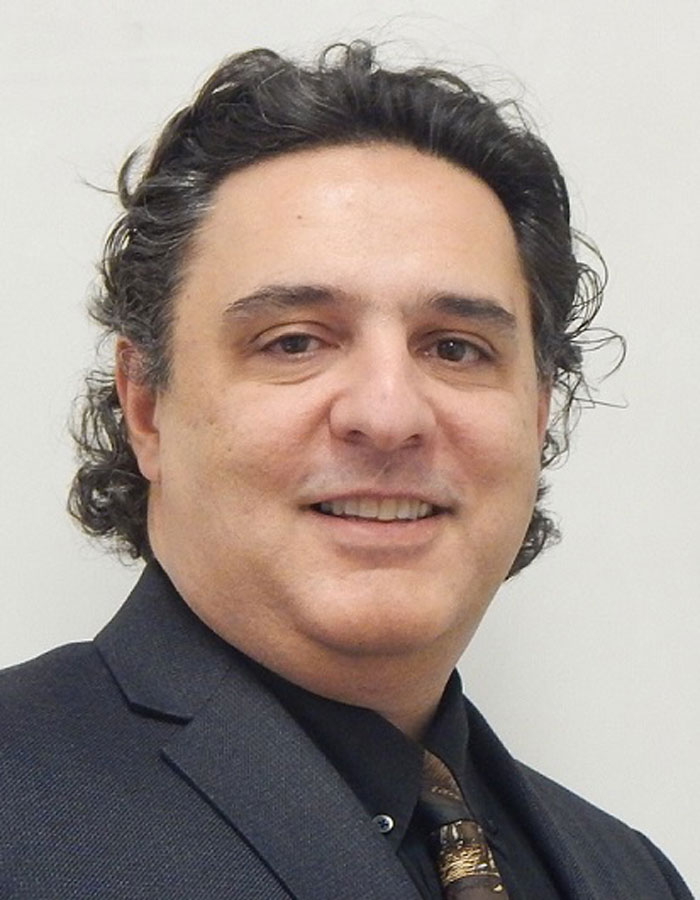UTEP Transportation Experts Awarded Grant to Aid City Connectivity Planning
Last Updated on November 08, 2017 at 12:00 AM
Originally published November 08, 2017
By UC Staff
UTEP Communications
Imad Abdallah, Ph.D., research associate professor in the Department of Civil Engineering and executive director of the Center for Transportation Infrastructure Systems (CTIS), and Carlos Chang, Ph.D., associate professor in the Department of Civil Engineering, are leading a collaborative effort to improve city transportation. Their teams are utilizing a $300,000 grant from the El Paso Metropolitan Planning Organization (MPO) for three projects.

In the parent project, aimed at helping the MPO reach its goals, Chang and CTIS postdoctoral researcher Marketa Vavrova are leading the investigation of the development of an active transportation system planning methodology to enhance multimodal connectivity in the El Paso region. The project will bring a better understanding of how the Active Transportation System (ATS) corridors can serve as key transportation routes connecting destinations throughout residential, commercial, and recreational areas in a continuous, direct, and seamless manner. This methodology builds on research conducted for the El Paso MPO that developed a sustainable performance-based methodology for strategic planning.
The second project is a pilot study supervised by Abdallah and supported by Vavrova. It focuses on the development of a web–based application for visualizing the performance measures of the Montana corridor.
“Our measurements include the effect of transportation decisions on economic, environmental and social domain and how they can be used to enhance El Paso MPO’s decision-making process,” Abdullah said.
Abdallah also is overseeing the third project with the assistance of postdoctoral staff Claudia Reyes, Ph.D., and research associate Raquel Lopez. The initiative is related to multi-scalar approaches to transport dynamics analysis.
“Our researchers are working directly with the MPO to support the development of spatial level analysis to address new emerging challenges, and take advantage of the opportunities that arise around large metropolitan centers and their surrounding areas, connected by existing natural and human environmental, economic, cultural, health and infrastructure relationships,” he said.
The funding will support the teams for one year.